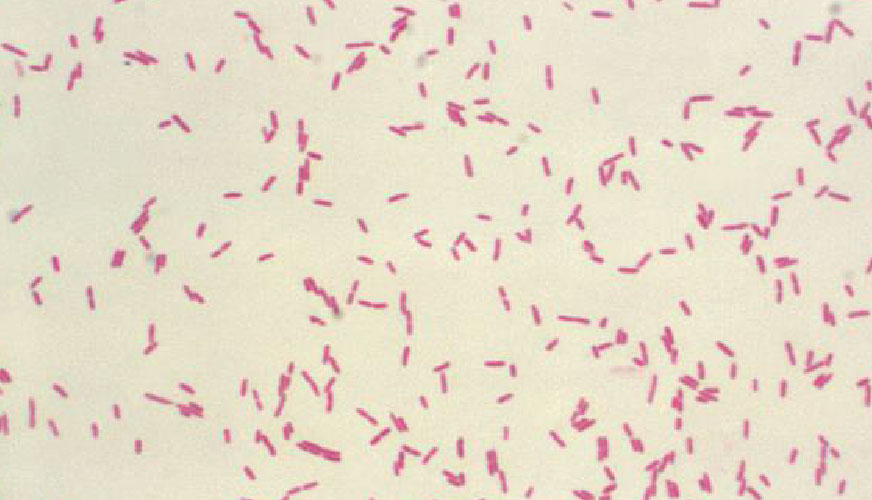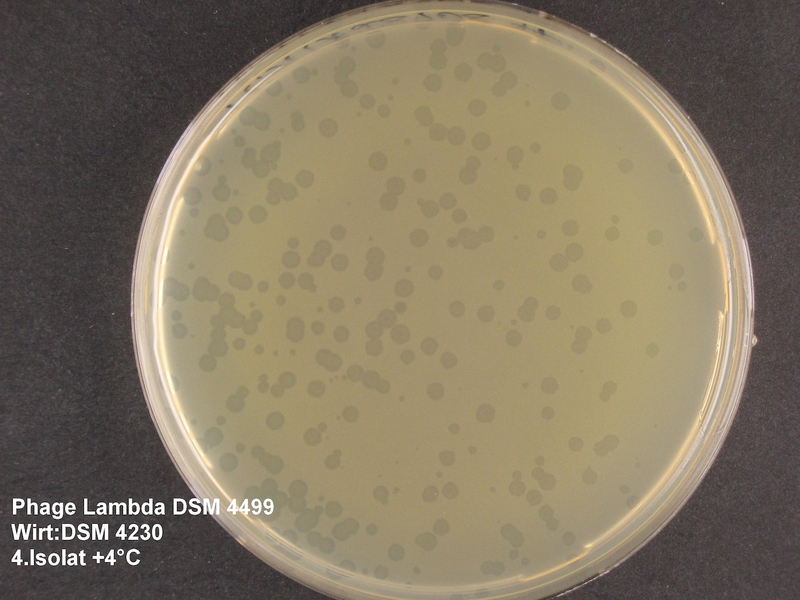
In diesem Monat veröffentlichte das Robert Koch-Institut den aktuellen Sachstandsbericht zu Klimawandel und Gesundheit. Schwerpunkt des Berichts, an dem mehr als 90 Autorinnen und Autoren aus über 30 Forschungseinrichtungen und Behörden beteiligt waren, ist der Einfluss des Klimawandels auf Infektionskrankheiten. Dabei liegt der Fokus auf Vektor- und Nagetier-assoziierte Infektionen, wasserbürtige Infektionen sowie Antibiotikaresistenzen. Die Autorinnen und Autoren weisen darauf hin, dass es auf diesem Gebiet einen hohen Forschungsbedarf gibt. Der Leibniz-Forschungsverbund INFECTIONS hat sich genau diese Themen in der aktuellen Förderperiode als Schwerpunkte genommen und forscht über die Fächergrenzen hinweg, um neue Strategien und Methoden für die Eindämmung der Erregerausbreitung zu entwickeln.

Dr. Tina Kabelitz, Leiterin der AG "Infektionen und AMR in der Nutztierhaltung" am Leibniz-Institut für Agrartechnik und Bioökonomie e.V. (ATB) und Wissenschaftlerin des Leibniz- Forschungsverbunds INFECTIONS nahm letzte Woche an dem Dialogformat „Leibniz im Bundestag“ teil und traf sich Rahmen in dieses Fachgespräch mit dem Politiker Josef Rief (CDU/CSU).

The bacterium Stenotrophomonas maltophilia is an opportunistic nosocomial pathogen that can cause severe infections in immunocompromised patients. A key feature of this bacterium is its ability to form a biofilm on virtually any surface, giving them increased resistance to antimicrobial drugs. To better study biofilms, the use of fluorescently labeled bacterial cells has proven essential.

Press release of the German Collection of Microorganisms and Cell Cultures GmbH (DSMZ) from February, 27, 2023
Das Leibniz-Institut DSMZ-Deutsche Sammlung von Mikroorganismen und Zellkulturen GmbH führt am 6. Juni 2023 ein Journalistenseminar „Phagen: Wer nicht PHAGT, der nicht gewinnt!“ durch.
Multiresistente Bakterien sind eine stille, aber tödliche Gefahr für die Menschheit. Diese „leise Pandemie“ beschreibt die WHO als eine globale Bedrohung für die Gesundheit und die Entwicklung. Ein sektorübergreifendes Handeln ist dringend erforderlich. Multiresistente Bakterien töten jährlich global mindestens 1,2 Millionen Menschen. In Deutschland kommt es pro Jahr zu 400.000 bis 600.00 nosokomiale Infektionen und daran versterben zwischen 10.000 bis 20.000 Menschen. Vor diesem Hintergrund kommt dem zielgerichteten Antibiotika-Einsatz und der Erforschung und Etablierung neuer Therapiekonzepte große Bedeutung zu. Neue Wirkstoffe sind beispielsweise Antibiotika. Eine große Bedeutung kommt wahrscheinlich auch den Bakteriophagen zu.

New PhD student in the associated project "Economic inequality and corruption: access to antibiotics and utilization incentives": Sahar Saeedi Moghaddam, Biostatistician from Iran.
Within the framework of her project "Economic inequality and corruption: access to antibiotics and utilization incentives", Sahar uses biostatistical methods to see whether there is a significant relationship between the occurrence of corruption and the spread of AMR in low- and middle-income countries (LMICs). She also plans to develop novel strategies that can be used to curb the AMR spread in countries with endemic corruption in their healthcare delivery systems – without restricting essential access to antibiotics among the poor.